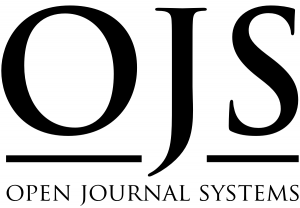Implementasi Etika Bisnis Islam Pada E-Commerce Bebaya Mart Kota Samarinda Kalimantan Timur
Abstract
The background of this research is to find out how the implementation of e-commerce at Bebaya Mart and how to review Islamic business ethics on the implementation or implementation of e-commerce at Bebaya Mart is appropriate or not. Bebaya Mart is a Samarinda City Government marketplace application that sells various kinds of Samarinda City MSME products. The purpose of this study is to find out how the implementation of e-commerce at Bebaya Mart and how to review Islamic business ethics on the implementation or implementation at Bebaya Mart.
This research method is a qualitative research with the type of field research (field research) which produces descriptive data. The data collection techniques used were interviews, observations and documentation to 10 informants, namely the admin of the Bebaya Mart application, the seller who joined the Bebaya Mart, and the user of the Bebaya Mart application. Data analysis techniques used are data reduction, data exposure, and drawing conclusions. To check the validity of the data using the triangulation method.
Based on the results of research in the field, it is known that the implementation of e-commerce at Bebaya Mart is in accordance with the four components needed in online transactions. A review of Islamic business ethics on the application or implementation of e-commerce at Bebaya Mart shows that the ethical values of Islamic business in tauhid are mostly implemented because two out of four sellers still make a profit solely on the grounds of survival alone. However, products are sold halal, sellers never commit fraudulent acts to consumers. Bebaya Mart admins do not get any profit from sellers and buyers. The equilibrium has implemented it starting in terms of price, product quality, until sellers treat consumers equally. Free will has implemented it, namely the admin of Bebaya Mart pays attention to the rights of sellers and buyers, sellers give consumer freedom rights. The responsibility is mostly implemented because there is no rating system in the Bebaya Mart application. The seller is responsible for all the information he provides such as product quality to delivery of goods. The seller is also responsible if the buyer or consumer submits a compound. And truth, honesty has not implemented the value of truth, honesty because there are several image posts displayed are still being edited, there is one seller who has not displayed product specifications, and the Bebaya Mart application has not socialized the scales or dosages.
Keywords: Implementation, E-commerce, and Islamic Business Ethics









